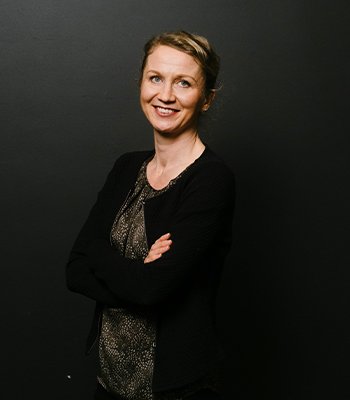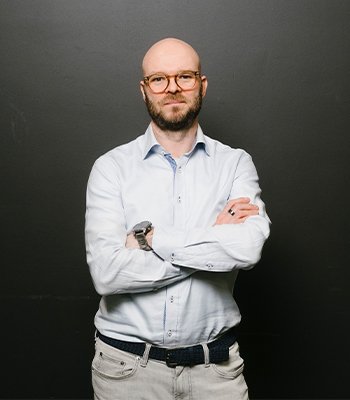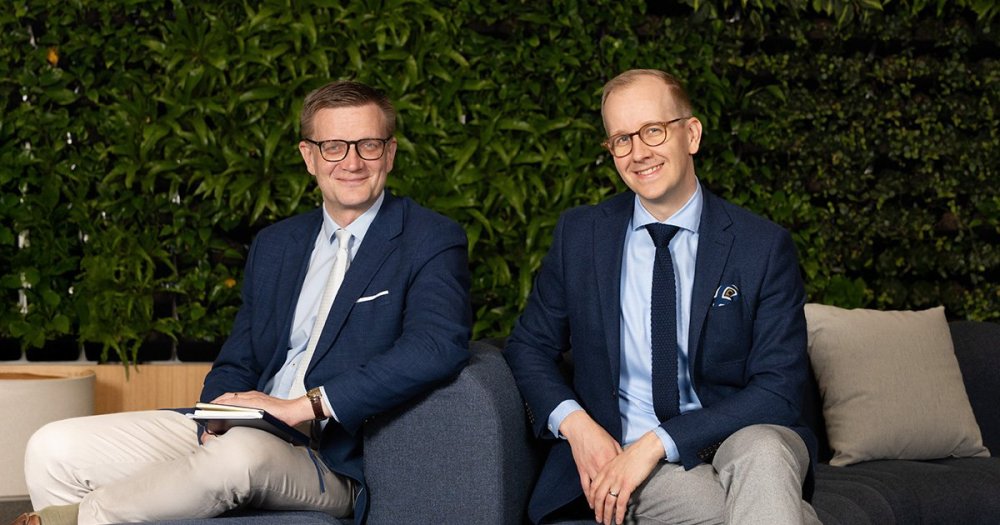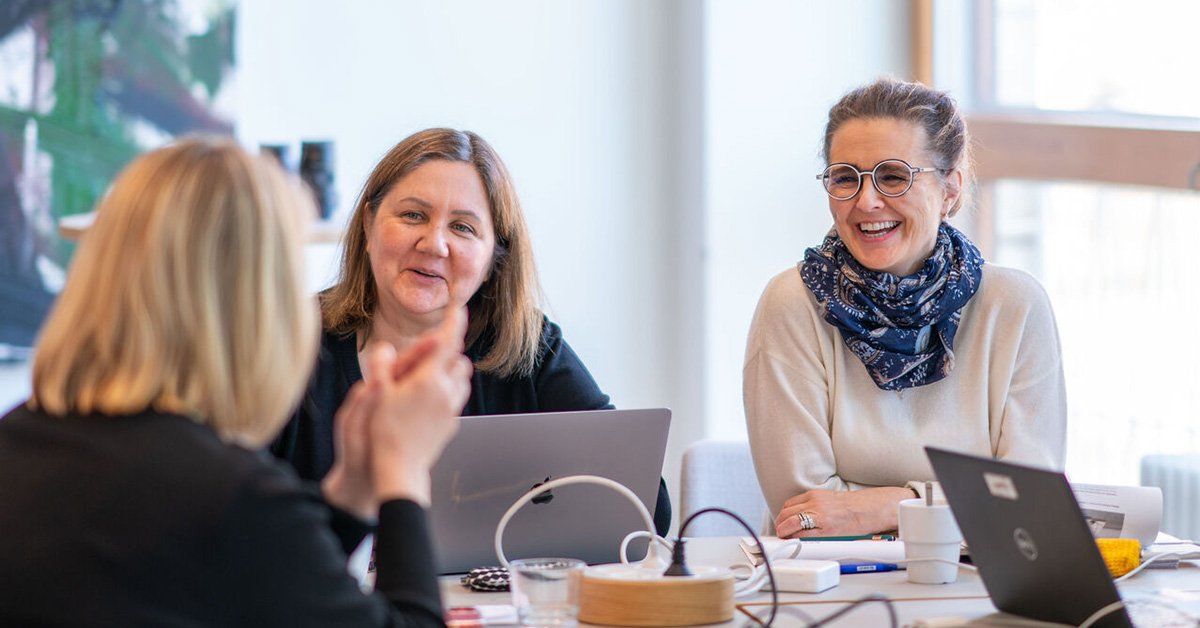At the beginning of 2025, Aalto EE and Helen Oy piloted the Hydrogen Business Basics training, which provides experts from different fields with a clear foundation for understanding the hydrogen business. The pilot course received excellent feedback from participants and is now part of Aalto EE’s online training offering. The program supports energy-sector professionals in transitioning toward the hydrogen economy and strengthens shared understanding of clean transition solutions.
In early 2025, Aalto EE piloted the Hydrogen Business Basics course in collaboration with three partner companies. Following great feedback, the course is now part of Aalto EE’s online training portfolio.
The idea for the course originated when Aalto EE and Helen Ltd. created skills maps to support energy sector professionals in transitioning to hydrogen-related roles. Around 20 Helen experts participated in the Hydrogen Business Basics pilot course.
“We wanted to ensure that our key personnel have strong skills and a solid understanding of the hydrogen business, as it is an important area for our future,” says Taina Kokkarinen, Head of Talent Development and Leadership at Helen.
“In emerging fields, it’s essential to build collective muscle and create opportunities for experts from diverse fields to bounce ideas off one another. That’s how we ensure we have the shared capability to create something new. It takes brainpower and new thinking from across the organization,” she adds.
A significant competitive advantage for Finland
With the green transition gaining momentum, hydrogen made from renewable electricity is catching the attention of many industries, especially those that still use fossil hydrogen. For example, switching to renewable hydrogen could significantly cut the carbon footprint of many fertilizers and fuels.
The hydrogen economy also offers fascinating opportunities for sectors that, at first glance, don’t seem related to hydrogen at all. One of Finland’s most advanced hydrogen economy and carbon dioxide utilization ventures is Solar Foods’ protein powder Solein®, which is made from carbon dioxide captured from the air and hydrogen produced with renewable electricity.
Tuukka Hartikka, Vice President, Hydrogen & Power-to-X at Helen, believes renewable hydrogen could well become a major competitive advantage and export product for Finland.
“Finland is in a strong position to succeed in the hydrogen economy. We have vast potential in renewable energy, access to water for hydrogen production, and bio-based carbon dioxide for further processing. Finland also has a pragmatic approach to industrial development, and legislation has supported progress,” Tuukka Hartikka explains.
“In addition, we already have almost carbon-neutral electricity production – a global rarity – and our electricity grid is in excellent shape, allowing us to transmission substantial volumes of electricity,” he continues.
A shared language across disciplines
Tuukka Hartikka and Taina Kokkarinen emphasize that many experts would benefit from a deeper understanding of hydrogen’s role as part of the clean transition.
Osallistujat saivat selkeän ja helposti lähestyttävän läpileikkauksen siitä, mitä kaikkea vetyliiketoiminta voi tarkoittaa."
Aalto EE’s Hydrogen Business Basics online course is designed for a broad audience and does not require prior knowledge of the subject.
“The training helped experts from different fields speak a shared language. Several of our technical energy specialists took part in the pilot course, along with participants from legal, procurement, and public affairs,” Tuukka Hartikka mentions.
“The training got good feedback from our employees, particularly because it gave such a clear picture of the hydrogen business as part of the energy system and wider ecosystem, even for those with no previous expertise in this field. Aalto EE’s excellent instructors were also praised in the feedback,” Taina Kokkarinen notes.
A wide-ranging view on hydrogen’s business potential
Designed and taught by leading experts in the field, Hydrogen Business Basics provides a solid foundation for understanding the role of hydrogen in current and future energy systems.
The three-credit online course explores hydrogen’s significance in the energy transition, production methods, commercial applications, investment opportunities, and its role in sustainability and international collaboration. The course is conducted in English.

“The pilot offered a well-rounded overview of the entire hydrogen value chain, which I considered a great advantage. Participants gained a clear and accessible picture of what all the hydrogen economy can involve: everything from technologies and business models to its future role,” Tuukka Hartikka remarks.
Helen is at the forefront of creating solutions based on green hydrogen. The company is building a pilot plant for green hydrogen in Vuosaari, Helsinki, where hydrogen production is scheduled to start in 2026. According to Hartikka and Kokkarinen, Aalto EE’s Hydrogen Business Basics course aligned well with Helen’s broader competence development.
“The training helped participants broaden their thinking and deepen their understanding of hydrogen’s place in the evolving energy market. It supports the development of key capabilities we are building systematically in line with our strategy,” affirms Taina Kokkarinen.
It’s important that people understand where the shift is heading. Hydrogen Business Basics offers an excellent foundation for that."
Identifying a real challenge – and creating the best solution together
Hartikka and Kokkarinen both speak highly of the training collaboration between Helen and Aalto EE.
“It was great to work together with Aalto EE, developing a new training program that clearly meets a growing need. Hydrogen has traditionally been the domain of the chemical and process industries, but it now touches nearly every industrial sector. It’s important that people understand where the shift is heading. Hydrogen Business Basics offers an excellent foundation for that,” says Tuukka Hartikka.
“We have had good collaboration with Aalto EE in this project, just like in our other joint efforts. This kind of initiative requires genuine partnership: identifying a real challenge and creating the best solution together. I feel that we successfully accomplished this with Aalto EE,” Taina Kokkarinen concludes.

















